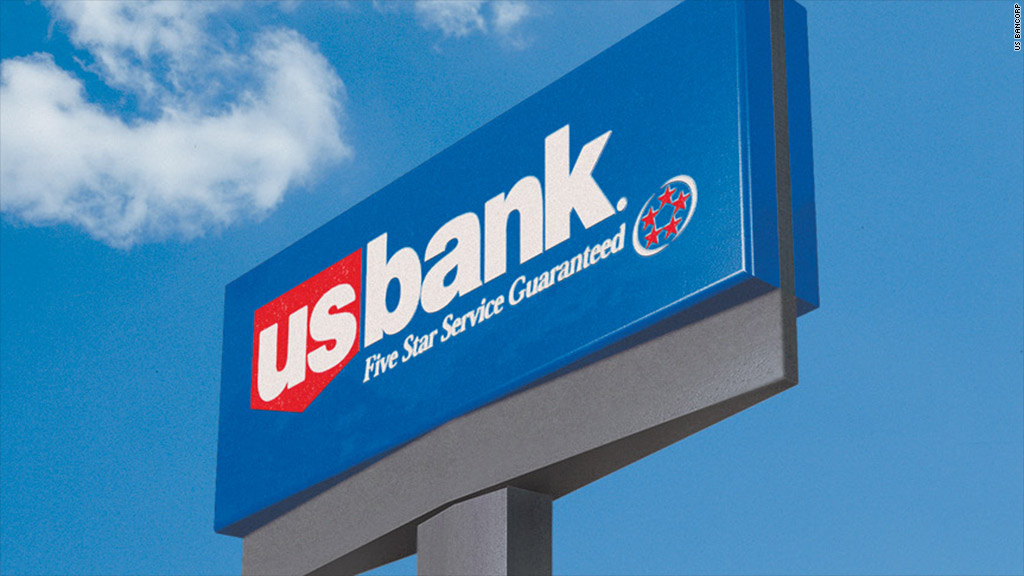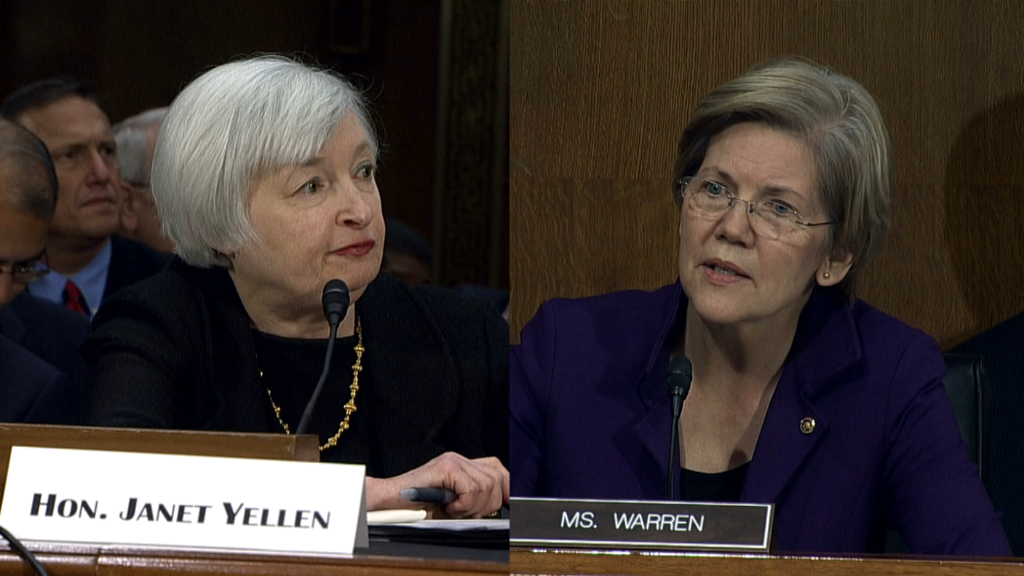
Federal regulators issued a warning Thursday to banks that offer high-interest "deposit advance" loans, similar to payday loans.
Deposit advance loans are short-term loans offered by firms including U.S. Bank (USB), Wells Fargo (WFC) and Regions (RF), typically in increments of a few hundred dollars or less.
Like payday loans, they often carry stiff fees and interest rates that can stretch well into the triple digits on an annualized basis. But unlike payday loans, they are limited to a bank's account holders, with the lender automatically deducting repayment from the customer's direct deposit.
While advertised as a convenient source for emergency cash, these loans can quickly become a recurring expense for borrowers.
"[T]hese products can trap customers in a cycle of high-cost debt that they are unable to repay," Thomas Curry, head of the Office of the Comptroller of the Currency, said in a statement.
The OCC and the Federal Deposit Insurance Corporation said deposit advance loans could potentially violate the Truth in Lending Act and other consumer-protection laws.
The FDIC said it recognized "the demand for responsible small-dollar credit products," but called for such loans to be affordable and underwritten with attention to the borrower's ability to repay. Bank examiners will assess deposit advance programs with an eye to protecting consumers, the OCC said, flagging those with poor underwriting standards and excessive fees.
Related: Top 10 consumer complaints
Regulators have previously issued similar guidance on payday and subprime loans.
Consumer advocates have long criticized deposit advance loans, and called for the country's other major banking regulator, the Federal Reserve, to address them as well.
"At long last, two key financial watchdogs have taken decisive action against the predatory loan practices of national banks and federal savings associations," Americans for Financial Reform said.

U.S. Bank, Wells Fargo and Regions said they were reviewing the guidance to see how it would affect their lending programs. The Consumer Bankers Association, an industry group, warned that the regulators could end up driving consumers to pawnshops and unregulated lenders.
A survey on payday loans released earlier this year by the Pew Charitable Trusts found that 72% of borrowers believed more regulation of the industry was needed, though 48% said they thought payday loans help borrowers more than they hurt them.
"Payday borrowers' experiences -- receiving credit to cover expenses but then ending up spending far more than suggested by the loan's two-week price tag -- lead to complicated and conflicted feelings," the report said.
